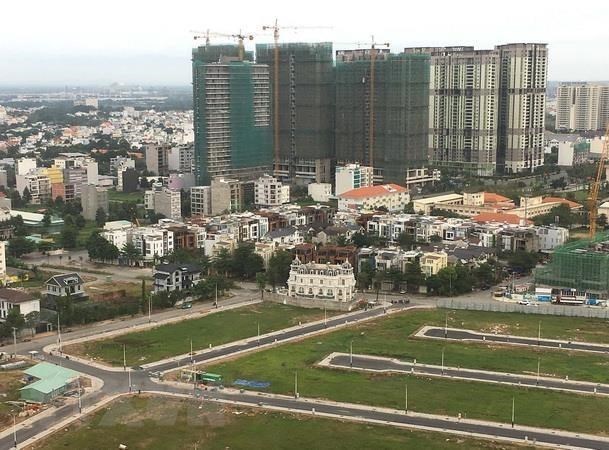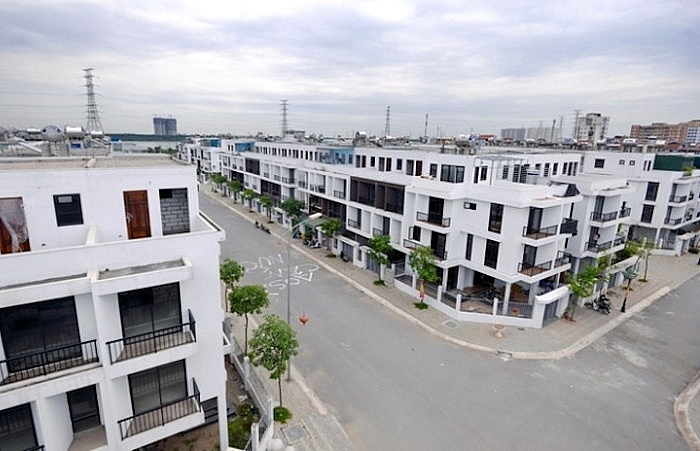 |
According to President of the Vietnam National Real Estate Association (VNREA) Nguyen Tran Nam, credit for the real estate sector has been tightened and is getting tighter.
Credit growth in the sector has reduced from 18 percent in 2016 to only 5 percent in 2018.
Nam said the diminishing credit flow into the real estate sector has greatly affected the operation of the market, as most capital is sourced from banks.
Le Hoang Chau, head of the Ho Chi Minh City Real Estate Association suggested real estate firms ensure business efficiency and prepare land stock, while focusing on the quality and progress of their projects as well as transparency in management.
Businesses should find prestigious and competent foreign firms and investment funds to work with, he added.
According to Chau, less dependence on credit loans is also a chance for the sector to restructure. Businesses should reform their capital sources for sustainable and transparent development, he advised.
Nguyen Van Duc, Vice Director of Dat Lanh company, said enterprises can seek other sources of capital via merger and acquisition deals or share issuance.-VNA

Numerous real estate companies owing in taxes and fees
The Hanoi Department of Taxation has just announced that hundreds of real estate companies owe a total of VND1.126 trillion ($48.9 million) in tax, administrative fees, and other land-related sums.

Real estate activity falls as market conditions are unfavorable
The real estate market developed well in 2014-2018, but unexpectedly has cooled down since the beginning of 2019.

Experts warn GDP may decline if banks tighten real estate credit
The tightening of real estate credit may deal another blow to the real estate market, which is facing difficulties from all sides, experts say.
 The real estate market has slowed in the first months of 2019, which experts attributed to limited bank credit sources for the market.
The real estate market has slowed in the first months of 2019, which experts attributed to limited bank credit sources for the market.